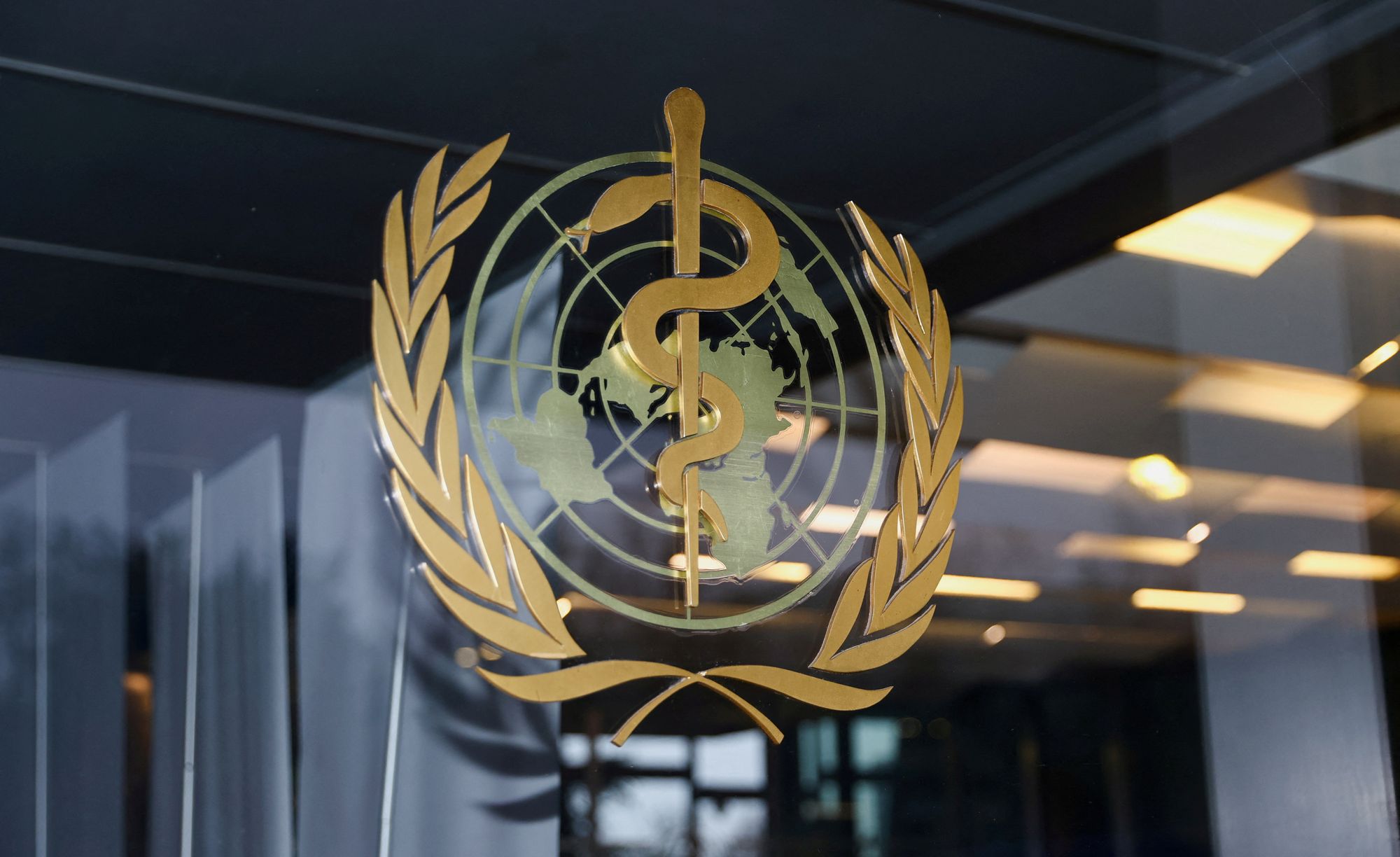Global Leaders Commit to Enhanced Collaboration and Governance to Combat Future Pandemics
The World Health Organization (WHO) heralds a groundbreaking commitment from global leaders, expressing unity during the United Nations General Assembly, to fortify international collaboration, coordination, and governance. This commitment aims to forestall the recurrence of the catastrophic health and socioeconomic repercussions witnessed during the COVID-19 pandemic and to ensure heightened

The World Health Organization (WHO) heralds a groundbreaking commitment from global leaders, expressing unity during the United Nations General Assembly, to fortify international collaboration, coordination, and governance. This commitment aims to forestall the recurrence of the catastrophic health and socioeconomic repercussions witnessed during the COVID-19 pandemic and to ensure heightened preparedness for potential future pandemics.
A Historic Milestone:
Dr. Tedros Adhanom Ghebreyesus, the Director-General of WHO, acclaimed this as a historic milestone, marking the first-ever summit of state heads on pandemic prevention, preparedness, and response. This pivotal assembly was focused on fostering safety and fortifying protections against the severe impacts of pandemics globally.
“The commitment by world leaders to provide the political support and direction needed is a step forward to protect people’s health,” Dr. Tedros mentioned. He emphasized learning from the distressing experiences of the COVID-19 pandemic and consolidating community protections, equitable access to medical countermeasures, and robust health workforce and care systems.
Strengthening WHO:
The political declaration acknowledged the indispensable role of WHO as the directing and coordinating authority on international health. It highlighted the need for sustainable financing, ensuring WHO has adequate and predictable funding to fulfill its core functions and to empower it to respond adequately to future pandemic threats.
Building Safer Foundations:
Innovations like the Pandemic Fund, the WHO Hub for Pandemic and Epidemic Intelligence, the WHO BioHub, and the mRNA vaccine technology transfer hub represent initial steps toward establishing a more secure global environment. However, the declaration also emphasizes the necessity for continuous efforts to fortify the global health emergency architecture.
The Path Forward:
Member States recognized the urgent need to conclude negotiations on a WHO convention, agreement, or another international instrument on pandemic prevention, preparedness, and response, referred to as the Pandemic Accord, by May 2024. These amendments seek to counter health-related misinformation, address negative impacts on mental and physical health, particularly on social media, and to foster trust in public health systems and authorities.
Efforts are underway to protect communities through investments in primary health care and other health system measures, ensuring robust national health systems are in place to respond to future pandemics. The emphasis is also placed on the enhancement of health workforce, rapid response capacities, surveillance, supply systems, and local manufacturing abilities, especially in low- and lower-middle-income countries.
Multilateral Approach to Pandemic Response:
To successfully navigate the multifaceted causes and consequences of pandemics, leveraging the potential of the multilateral system and scaling up the multisectoral approach is essential. This approach aims at improving pandemic prevention, preparedness, and response, ultimately supporting the attainment of the Sustainable Development Goals.
The negative impacts of health-related misinformation and disinformation on social media platforms can compromise people’s physical and mental health, and there is a need to foster trust in public health systems and authorities. Equitable, effective, efficient, and timely access to medical countermeasures, including vaccines, diagnostics, therapeutics, and other health products, remains a priority.
Sustainable Development and Equitable Access:
This unified commitment to greater collaboration and investment is viewed as a key driver to get back on track to achieving the Sustainable Development Goals. It underscores the importance of sustainable and adequate financing, empowered and engaged communities, and robust, trained, and equipped health workers. “We need to build stronger clinical care systems that can save lives,” said Dr. Tedros.
Concluding Thoughts:
The approval of the political declaration marks a decisive step toward a future where the global community is better equipped to prevent and handle pandemics. It illustrates a renewed dedication from global leaders to international cooperation and sustainable investment in health, which is crucial in a world where the threat of pandemics looms large. The shared experiences and lessons learned from the COVID-19 pandemic play a vital role in shaping the efforts and strategies to strengthen global resilience against future health emergencies, emphasizing the value of unity and shared responsibility in the face of global health challenges.




